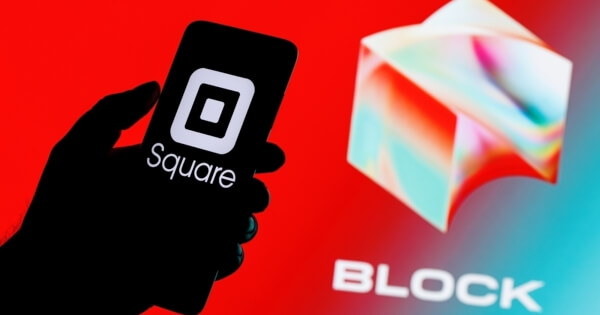
Bitcoin mining is the process by which miners add new blocks to the Bitcoin blockchain. Miners must use computational power to solve complex mathematical equations to create a valid block hash. When a miner successfully creates a valid block hash, they receive a block reward of new bitcoins as well as transaction fees.
Solo mining, where a miner attempts to mine a block on their own, is becoming increasingly difficult as the network hash rate and the power of mining machines continue to rise. It is rare for a solo miner to solve a block on their own, and it typically takes them several months to do so.
However, the solo miner behind the recent block reward was able to achieve this feat in just two days. It is speculated that they may have rented hashing power to increase their chances of producing a valid hash quickly.
The miner used the Solo CK Pool mining service, which allows solo miners to create a mining pool with just one mining rig. This enables solo miners to increase their chances of earning block rewards by combining their hashing power with that of other solo miners.
The Solo CK mining pool has a history of producing solo-mined Bitcoin blocks. In January 2022, the pool was responsible for two solo-mined blocks, occurring just two weeks apart.
While solo mining is becoming increasingly difficult, there are still many miners who prefer to mine on their own rather than joining a mining pool. Solo mining allows miners to have complete control over their mining operations and to keep all of the rewards for themselves.
However, as the difficulty of mining solo continues to increase, more miners are likely to join mining pools to increase their chances of earning block rewards. Despite this, there will always be solo miners who are willing to take on the challenge of mining Bitcoin on their own.


